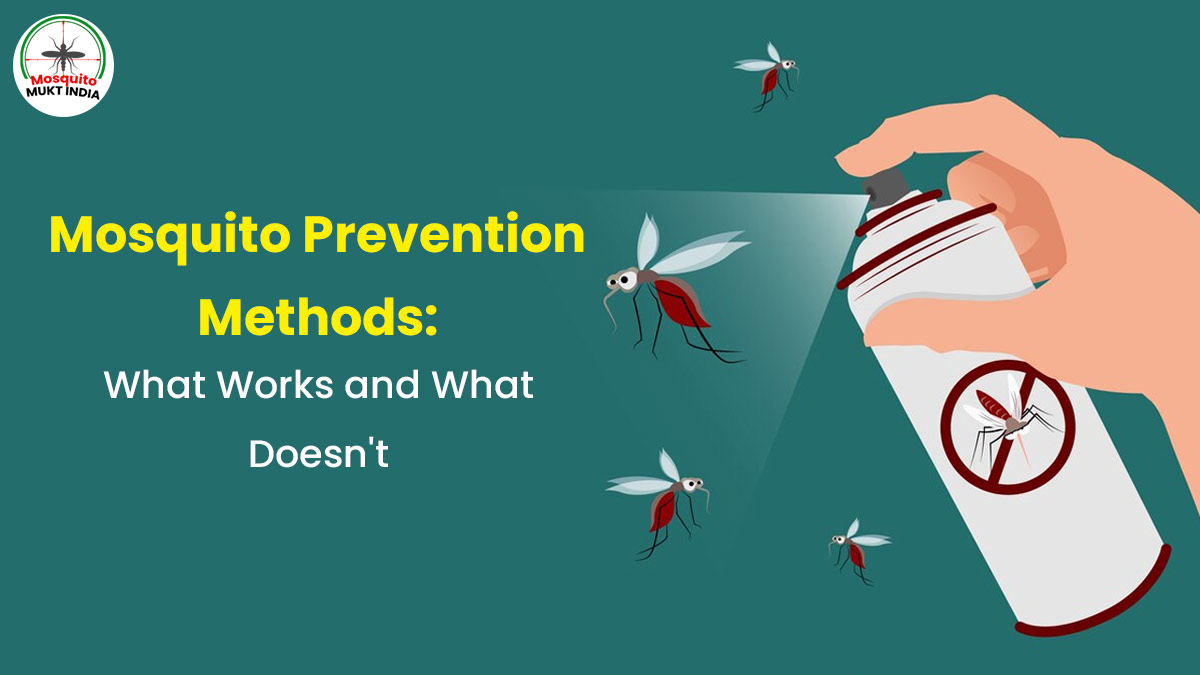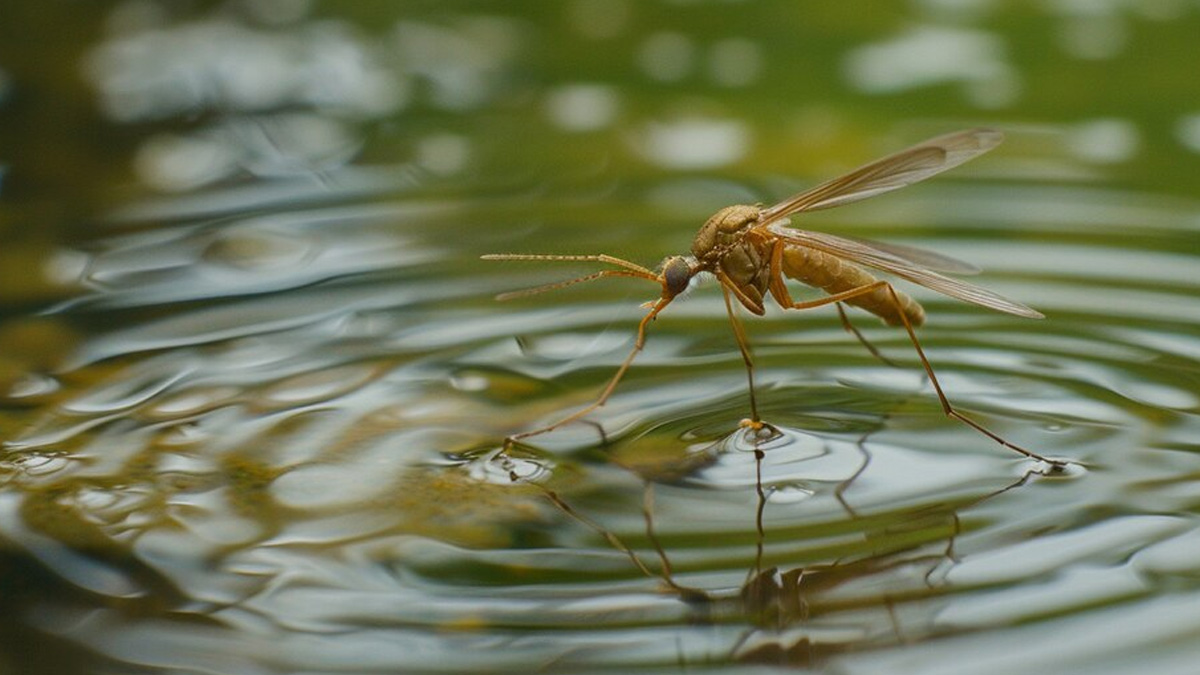
We’ve all dealt with the frustration of mosquito bites, but these tiny pests bring more than just discomfort. Mosquitoes are notorious for spreading serious diseases like dengue, Zika, malaria, and West Nile virus. Their ability to thrive in diverse environments makes them a constant threat to public health. On this World Mosquito Day, it's essential to focus on prevention methods that truly work. We spoke to Dr Divya Gopal, Consultant, Internal Medicine, Sir HN Reliance Foundation Hospital, Mumbai, who shares insights on the most effective strategies for keeping these pests at bay.
Table of Content:-
According to a 2018 study, each year, nearly 700 million people are affected by mosquito-borne illnesses, leading to over one million deaths. According to the US Centers for Disease Control and Prevention (CDC), mosquitoes are responsible for more than one million fatalities annually due to malaria alone.
Eliminating Breeding Grounds: The First Line of Defense

“One of the most effective mosquito prevention strategies is eliminating their breeding grounds. Mosquitoes lay their eggs in stagnant water, so removing or treating standing water sources is essential,” said Dr Gopal. This includes emptying flowerpots, bird baths, and gutters regularly, as well as repairing leaky faucets and drains. While this method requires consistent effort, it can significantly reduce the local mosquito population. By disrupting their life cycle at the source, you can prevent the next generation of mosquitoes from emerging.
Also Read: Mosquito-Mukt India: Expert Answers If Your Diet Can Keep Mosquitoes At Bay
Personal Protection Measures: A Barrier Against Bites
“Personal protection measures are also vital in preventing mosquito bites. Insect repellents containing DEET, picaridin, or oil of lemon eucalyptus have proven effective in deterring mosquitoes,” added Dr Gopal. According to a study by the New England Journal of Medicine, When used wisely, DEET-based repellents offer a safe and long-lasting defence against insect bites. Until a more effective repellent is developed, DEET-based products continue to be the gold standard for protection in situations where safeguarding against disease-transmitting arthropod bites is essential.
Extra protection can be obtained by wearing long-sleeved shirts and slacks, particularly at dawn and night when mosquitoes are most active. Mosquito nets, particularly for sleeping areas in regions with high mosquito prevalence, are a reliable barrier. According to a 2023 study, in sub-Saharan Africa, where over 427 million insecticide-treated nets were distributed between 2012-2014, malaria-related illness and death have been reduced by nearly 50%. This demonstrates the effectiveness of mosquito nets in preventing disease transmission.
Ineffective Methods: What Doesn’t Work as Well

“However, not all prevention methods are equally effective. For example, the use of mosquito coils and electronic repellers has limited evidence supporting their efficacy. While they may provide some temporary relief, their impact on mosquito populations is generally minimal,” said Dr Gopal. Moreover, relying solely on these methods without addressing breeding sites can be counterproductive. It's important to integrate these less effective methods into a broader strategy rather than depend on them as the sole means of protection.
Common Misconceptions: Garlic and Essential Oils
Another common misconception is that garlic consumption repels mosquitoes. While some studies suggest a potential effect, the evidence is inconclusive, and relying on garlic as the primary prevention method is not advisable. Similarly, the use of essential oils like citronella and lavender, while pleasant-smelling, has shown limited effectiveness in repelling mosquitoes. While they may offer some protection, they are not as reliable as other methods.
Bottomline
Dr Gopal concluded, “Effective mosquito prevention requires a multifaceted approach. Eliminating breeding sites, using appropriate repellents, and wearing protective clothing are essential. While some methods may offer limited protection, it is crucial to focus on strategies with proven efficacy. By combining these measures with community-wide efforts, we can significantly reduce the burden of mosquito-borne diseases and improve public health.”
[Disclaimer: This article contains information provided by an expert and is for informational purposes only. Hence, we advise you to consult your own professional if you are dealing with any health issues to avoid complications.]
Also watch this video
How we keep this article up to date:
We work with experts and keep a close eye on the latest in health and wellness. Whenever there is a new research or helpful information, we update our articles with accurate and useful advice.
Current Version